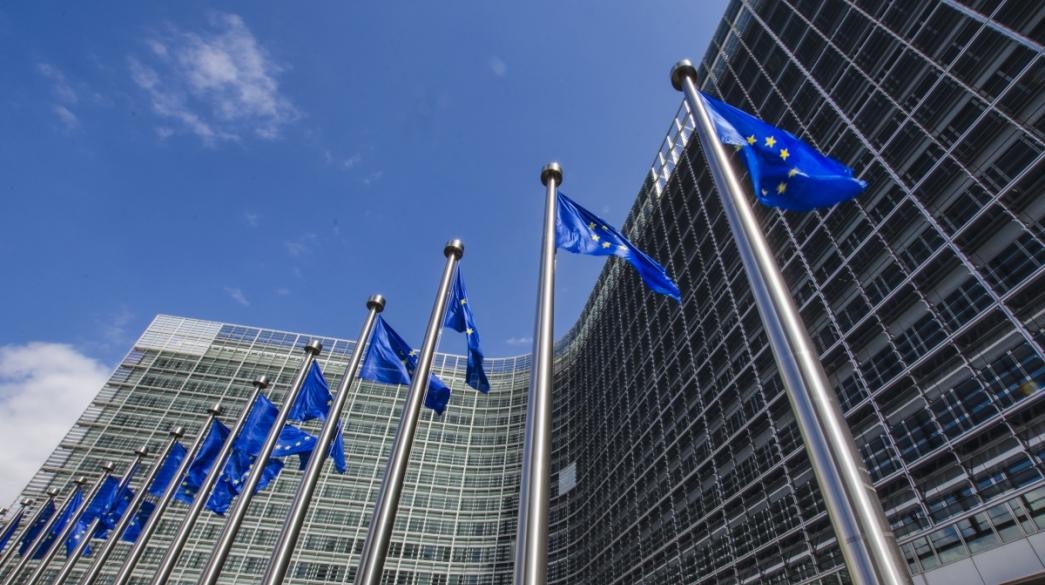The European Commission has found Greek plans aimed at supporting the reduction of non-performing loans of Greek banks to be free of any State aid.
The Commission found that, under the asset protection scheme (known by the name of “Hercules”), the Greek State will be remunerated in line with market conditions for the risk it will assume by granting a guarantee on securitised non-performing loans.
If a Member State intervenes as a private investor would do, and is remunerated for the risk assumed in a way a private investor would accept, such interventions do not constitute State aid. The Commission therefore concluded that the Greek measure does not involve State aid within the meaning of the EU rules.
Commissioner Margrethe Vestager, in charge of competition policy, said: "I welcome that with the Greek government we have a found a market conform solution to tackle the stock of non-performing loans weighing on the balance sheets of Greek banks. The scheme we approved today is another good example of how Member States can help banks clean up their balance sheets without granting aid or distorting competition."
“Hercules” is designed to assist banks in securitising and moving non-performing loans off their balance sheets. Under the scheme, an individually managed, private securitisation vehicle will buy non-performing loans from the bank and sell notes to investors. The State will provide a public guarantee for the senior, less risky notes of the securitisation vehicle. In exchange, the State will receive a remuneration at market terms. The objective is to attract a wide range of investors and to support the banks in their ongoing efforts to reduce the amount of non-performing loans on their balance sheets.
The Commission's assessment showed that the State guarantees will be remunerated at market terms according to the risk taken, i.e. in a manner that would be acceptable for a private operator under market conditions. This is in particular ensured by the following elements:
- First, the risk for the State will be limited since the State guarantee only applies to the senior tranche of the notes sold by the securitisation vehicle. An independent rating agency approved by the European Central Bank will determine the rating of the senior tranche.
- Second, the State guarantee on the senior tranche will only become effective, if more than half of the non-guaranteed and risk-bearing riskier tranches have been successfully sold to private market participants. This will ensure that the risk distribution of the tranches is tested and confirmed by the market before the State assumes any risk.
- Third, the State's remuneration for the risk taken will be market conform. The guarantee fee will be based on a market benchmark and correspond to the level and duration of the risk the State takes in granting the guarantee. This means that the guarantee fee paid will increase over time in line with the duration of the State's exposure. This fee structure, in addition to the appointment of an external servicer, aims to increase the efficiency of the workout and likely recovery on the non-performing loans.
On this basis, the Commission was able to conclude that the measure is free of State aid within the meaning of EU State aid rules.








